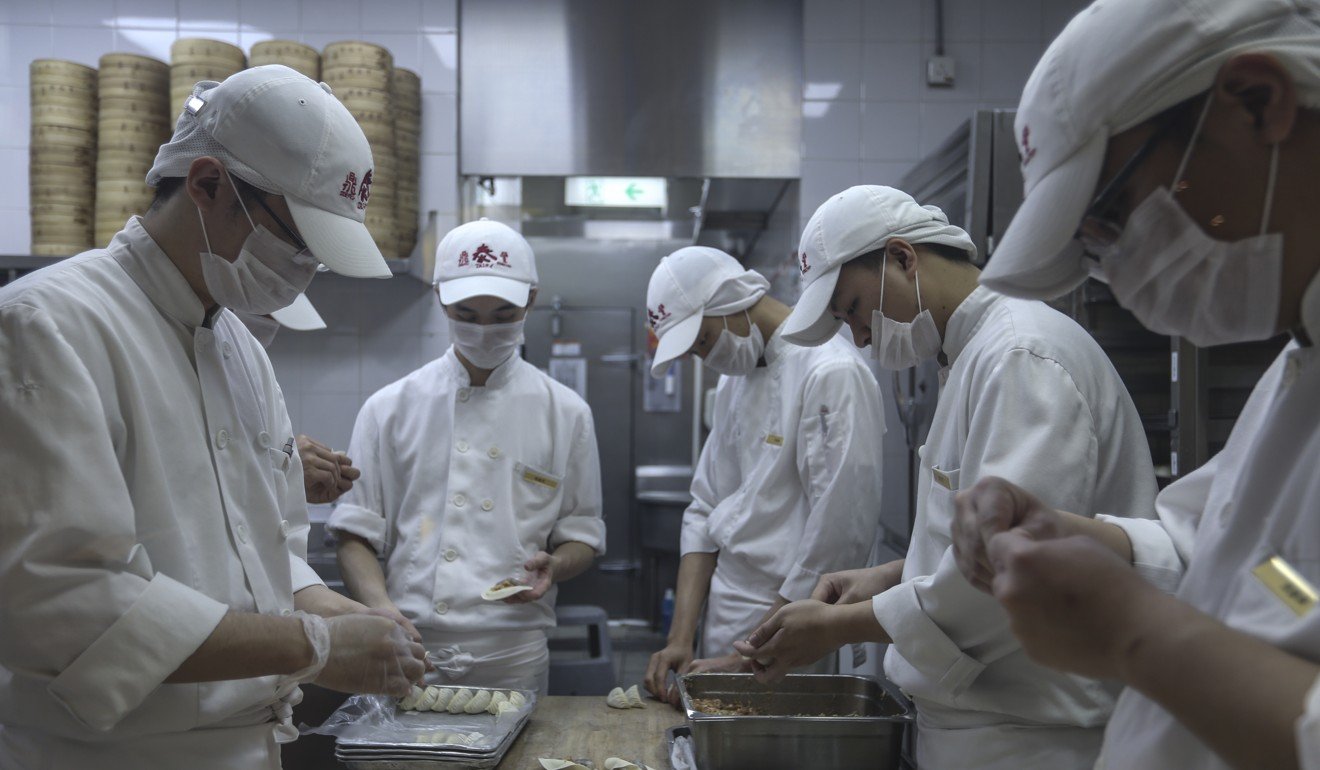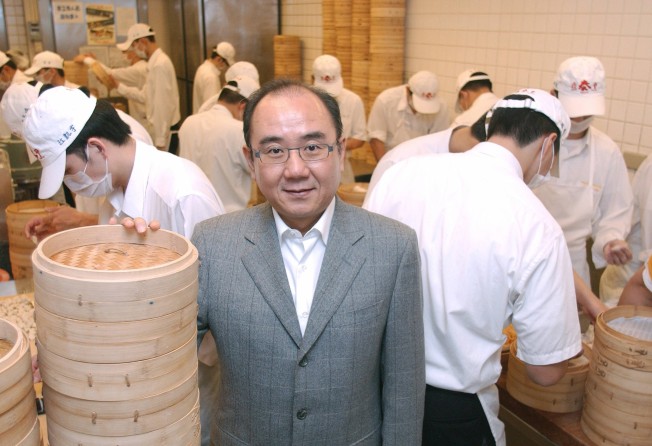
What famed Taiwanese dumpling restaurant Din Tai Fung can teach Hong Kong about managing tourists and keeping service quality high
- Paul Yip says the Taiwanese restaurant chain prizes quality and sustainability over the short-term bottom line, an approach that Hong Kong’s tourism industry would do well to emulate

During a recent visit to Taipei, a friend took me to Din Tai Fung for a taste of their famous xiaolongbao. Even though the meal was somewhat pricier than at other restaurants, it was well worth it. The food was made using quality ingredients, the staff were polite and the restaurant was clean and tidy – no wonder it is a must-visit for many international tourists.
When I arrived at the restaurant at around 10am, it was already packed but, from the queuing to the seating, the process was structured with minimum fuss. The restaurant’s business philosophy and practice could be a reference for Hong Kong in relation to handling the influx of mainland Chinese tourists that overcrowd our city’s streets.
First, customer flow management. The store, located on Xinyi Road near Dong Men station, was Taipei’s first ever Din Tai Fung. The restaurant is packed throughout the day, not just with diners from all over the world but also with local residents who are regular customers. People waiting for a table can get an estimate of the waiting time through an app. This reduces the number of people milling outside the restaurant and minimises disturbance to the community. The company’s philosophy is that “daily sales targets are not everything”; the focus is on achieving sustainable growth instead.
After being given a queue number at the restaurant, we took a walk around the nearby park and went back 30 minutes later in time to be seated. The staff were friendly and thoughtful; they could speak multiple languages, including Japanese, Korean and English, to make customers feel welcome. In addition, the restaurant does not restrict the amount of time diners spend there, although this might affect its daily bottom line, allowing people to enjoy a meal at their leisure.
Second, quality control. In Taipei, where night markets abound, Din Tai Fung insists that “quality is the lifeblood of the business” and “branding means responsibility”. The company sets strict standards, from the quality of ingredients down to the cooking temperature and method to ensure that the food served is top notch.
Third, market position. In 1993, The New York Times named Din Tai Fung one of the top 10 restaurants in the world. Since then, xiaolongbao has come to represent Taiwan and with the opening of branches all over the world, Din Tai Fung’s fame continues to increase through word of mouth.

The success of the restaurant lies in its persistence and faith in its business values, understanding its market position and never compromising its food and service quality for short-term profits.
In comparison, Hong Kong’s tourism strategy lacks a clear direction; we need to understand our constraints and continue to improve our capacity to host visitors.
More than 65 million tourists visited last year, of which 78 per cent were from the mainland. On average, we could have another 200,000 visitors on any day in Hong Kong. In a city that prizes efficiency and where everything has to be quick, we should be asking whether we are sacrificing quality for quantity.
The latest Consumer Council report has highlighted an increase in the number of complaints from tourists about sales malpractices. As the tourism industry continues to develop rapidly, some profit-oriented businesses will come up with various tactics to make money from tourists. For example, cheap tour groups entice tourists to buy low-quality products, and while these businesses make money, Hong Kong’s reputation for good quality suffers. In the end, can Hong Kong hold on to its reputation as a tourist destination?
At present, our tourism sector is failing to provide visitors with the quality service they deserve. The rotten apples in our tourism industry – those who operate using heavy-handed tactics in return for profits – have damaged Hong Kong’s reputation as a shopping paradise. These operators, who sacrifice quality and business ethics for profit, have little concern for the community overall.
It is necessary to implement measures to restrict the number of tour groups visiting Hong Kong so that the lives of local residents are disrupted less.
We should not chase after short-term increases in the number of tourists and we need to attract visitors from other countries. In view of our capacity, the growth of tourism must be quality-driven. Implementing measures to control the flow of tourists and maintaining service quality is the way for Hong Kong’s tourism industry to achieve sustainable growth. Meanwhile, service workers should be properly compensated for the increase in their workload. We have much to learn from Din Tai Fung’s business philosophy.
Paul Yip is chair professor in the Department of Social Work and Social Administration at the University of Hong Kong